Ports and remakes are often some of the most divisive bits of gaming. Do games on one platform really need to be on four others and your smartphone? If a game is less than ten years old, should a remake or remaster even be considered?
The broad answer to those is typically “Yes.”
However, there are those that don’t do any or many of these things and just offer a chance to meet an old friend again, but on a new platform. There’s nothing inherently wrong with those kinds of ports and remakes, though they certainly aren’t as exciting as they could be.
Good remakes take what we know and give it back to us as something we recognize, but still need to get acquainted with — a new way of playing the game, of understanding its characters, or something along those lines. Improved accessibility is always a strong point, but shouldn’t really be the only goal in remaking the game unless it adds something to the overall formula.
As is often the case, defining a comparison is often easier by laying out the negative first.
Tokyo Mirage Sessions #FE Encore
I won’t deny, I’m pretty excited about Tokyo Mirage Sessions #FE Encore. It was criminally overlooked on the Wii U — because, well… it was on the Wii U — but it’s got a lot going for it. From the unlikely but successful mashup of franchises to the contagious sugar-coated glitz of the J-pop influences, it’s a game unlike any other.
And yet there’s not much call for a definitive edition other than expanding the audience. Obviously, that’s reason enough for any publisher or marketing team to pursue a remake, but it doesn’t make the end-product any more necessary from a creative view. It’s got a new song, some new, as yet unknown story content, and new characters.
Unless we’re talking new story content like Dragon Quest XI S content — meaningful sidequests and challenges or important resolutions for character arcs — it’s difficult to really see this as one of those inspired remakes that changes how you view the story or experience the gameplay.
Granted, very few people experienced that gameplay to begin with, but still. It’s been more than three years, so some more significant changes wouldn’t have been amiss. However, Switch ports do have that instant appeal of handheld mode for many, which makes it easier to fully experience everything a game has to offer, so that’s something.
Xenoblade Chronicles Definitive Edition
Xenoblade Chronicles Definitive Edition is a bit more difficult to fully justify. It’s not exactly difficult to find. You can play it on the Wii, Wii U, even the New 3DS thanks to Nintendo’s attempt at luring “core” players to the enhanced handheld. Even though it’s pretty hard to track down reasonably priced physical copies, digital editions mean it’s still accessible for many.
Moreover, it’s a pretty complete package on its own. The game’s practically bursting with story and side content, a fully realized narrative where almost every character gets a good bit of development (even Riki the fluffball), and solid, if sometimes iffy, mechanics overall.
So why make a Definitive Edition for the Switch? It’s portable already too, despite being on an older platform. There’s chatter about including cut areas and content from the Wii version, though one wonders how much they might actually change the overall game. The only areas that really need improvement are all connected to the frequently atrocious character models, although I wouldn’t complain about streamlining the item-gathering quests and making it possible to actually rebuild Colony 6.
While fans, like yours truly, will still leap at the chance to experience a visually attractive version of Xenoblade Chronicles, there’s still no denying it’s not a strictly necessary or innovative remake.
Persona 5: Royal
When I originally conceived this idea, I’d planned on labeling Persona 5: Royal as an in-between remake, something that added new content but wasn’t strictly necessary. Compared to the likes of FF7 Remake and RE 3 remake, it doesn’t seem quite as grand. But for Persona, it actually is a pretty big deal.
No, the story doesn’t change all that much, even though there are some new endings. What you get is more time with the main characters and more important NPCs to interact with, and characters are the heart of Persona. Some of that is because of the new Confidants, Kasumi and Takuto, who offer alternative perspectives on the original game’s narrative.
The original narrative had enough nuance in how it portrayed corrupt students abusing others and the dual-nature of the Phantom Thieves’ actions that I never really ascribed to the theory that it was an evil adult simulator.
However, including new views on what’s going on and how to handle it is very much in the spirit of Persona, a series all about how perception and cognition shape reality, and it’s also not something we really see in other Persona games. Everyone is usually either completely ignorant of what’s going on with the protagonists or agrees entirely with them.
The biggest worthwhile change is the third semester, though. The modern Persona games all end in December. Expansions, like Persona 3 FES and Persona 4 Golden try changing that with new scenarios and some additional time with friends, but aren’t entirely necessary. FES zeroes in on one aspect of the game that wasn’t even the main focus most of the time and comes across like fanfiction at best (not bad in itself, but not what I want from an Atlus story) while Golden doesn’t really let you spend much free time with the other characters outside the ski event and Valentine’s day.
Persona 5 Royal gives us an entire new playable semester, where character arcs evolve, get resolved, or both, new characters are integrated more closely with the overall plot, and you basically just get more of what makes the game worth playing to begin with.
Normally, a new semester in a game that already takes 100 hours or more would be a questionable benefit, but like FF7 Remake, P5 Royal balances everything with new mechanics. Chief among these is the recommendation system that advises you what actions you can take to improve your stats the most effectively and efficiently, removing guesswork and wasted time from the equation — but only if you want to.
SP recovery is also streamlined earlier on, so you can actually clear Palaces earlier and use that time to improve relationships and stats, all of which is supposed to keep the game’s playtime down to roughly what it was in the original. For a remake that adds so much, that’s quite an accomplishment.
Plus there’s more Haru, which is the biggest accomplishment.
Resident Evil 3: Nemesis
Even Capcom knows older Resident Evil games need remaking; just look at the many versions of the original game, each with subtle differences designed, in theory, to improve the experience. It’s not that the original three games are unplayable — except the PSX version of the first game, which comes pretty darn close — but they are definitely products of their time. Resident Evil 2‘s remake already proved how successful remaking these titles can be, and the Resident Evil 3 remake has even more potential.
The original Resident Evil 3: Nemesis has two main jobs to accomplish, all while being short on story, and with mechanics as horrifying as the zombies: escape Nemesis and build up to Racoon City’s demise.
It achieves these goals, but not without some scabs and bruises in the process. Tank controls are okay for the previous two, where ease of movement isn’t quite so absolutely vital. Nemesis changes that with its titular monstrosity stalking you throughout the city. You could look at it as the turning point, where Resident Evil started focusing on action as much as horror, a theory which a recent developer comment supports as well.
Sadly, that’s the only way you could see it as such. The controls and overall mechanics didn’t change to accommodate the newer emphasis until Resident Evil 4. Re-imagining Nemesis with the smoother-though-tankish controls of Resident Evil 2 remake is an absolute godsend both for ease of play and greater coherence in general.
Resident Evil‘s story has never really been at the series’ forefront, though Nemesis is a bit of an exception. It’s where the mysteries and action in the first two (three, if you count Resident Evil 0) finally culminate, and it’s all closely intertwined with the events of Resident Evil 2. The story is what sets it apart from its predecessors in this case, though the original doesn’t play to its strengths.
Resident Evil 2 has you play as police officers gunning down civilians you’re supposed to protect. That adds an element of dark irony to the game’s action, something different from just encountering scary zombies in a dark hallway. But Nemesis‘ escape story sees you back to mowing down swathes of nameless, faceless undead leading up to the city’s complete destruction.
Now, it’s kind of a big thing when a government decides to blow up one of its own cities, and it’s a perfect opportunity to ramp up the emotion by making Jill interact more with the city folk all doomed to die from either zombies, disease, or the missile strike. There’s also plenty of chance to unravel more of the Umbrella story here, though whether that’s a good thing largely depends on perspective.
Final Fantasy 7 Remake
The big remake many of us eagerly anticipate for 2020 is Final Fantasy 7 Remake, which is, duh, a remake of Final Fantasy 7. And that’s good, because regardless of how many fond memories one might have of the classic that saved RPGs in the West, there’s lots of room for changes to make it even better.
Fortunately, the remake’s structure guarantees it addresses one of these areas. Final Fantasy games are unique in the RPG world for having remained roughly the same length since FF7 first launched; you can speed through in maybe 20-25 hours or take your time and soak everything in for roughly twice that. The issue that poses with Final Fantasy 7, though, is just how much content ends up getting very little attention because of the pacing.
Take the Midgar portion, for example, the opening 7-ish hours of the original game that make up FF7 R‘s entire first chapter. Pretty much everything could be expanded on in those opening scenes to convey a fuller picture of the overall conflict and the major and minor actors in it.
It’s got the huge responsibility of making you care about the conflict between Shinra and Avalanche and wonder about Cloud and Aerith, plus it’s got some of the most memorable scenes in the entire game, but if you blink, it’s already done and over with. And that applies to the remaining chapters as well. It’s easy to understand how evil Shinra is from the get-go, which usually happens when someone murders an entire zip code on a whim. Everyone and everything else who aren’t Cloud and Sephiroth sort of get lost in the shuffle — and even they could do with more background and development.
Other games in the FF7 sub-series tried expanding on the world and its people, but a spinoff, fun as it might be, doesn’t carry the same weight as the original. Disappointed as many initially were after learning FFVII R was getting the episodic treatment, frankly, it’s the best thing for the game, the thing that’ll really (hopefully) tease out the full potential within the dark and twisted streets of both Midgar and the souls of its inhabitants.
Another key feature making this remake completely worthwhile is how the combat system is changed. Whether RPGs shouldn’t be turn-based anymore isn’t really the issue here (though for the record, the turn-based system isn’t out of date). The issue is how Square created the Active Time Battle system and then tried using it on a disc-based system. Granted, time waiting in FF7 is nowhere near as tortuously long as FF9, but it’s easy to lose interest when you’re just waiting so you can wait for your turn.
Swapping that out for a system that lets you approach it as both an Action RPG and a fast-paced traditional one is smart way around that problem while seemingly retaining a good deal of the original feel. Letting players choose how to approach the game is always a good thing anyway, but more importantly, it’s an excellent complement to the new story material that’ll keep things interesting even for those who know the game like their own soul.
The length of this segment alone should make it clear FF7 Remake represents the ideal best for what remakes should try and achieve: an expanded and re-imagined vision, improvements where necessary, and plenty of new content to welcome old fans and newcomers alike.
—
Love ’em or hate ’em, there’s no denying remakes comprise a big part of the early 2020 release calendar.
Ideally, a good remake lets us experience the game in a completely new way we didn’t imagine we could before or, failing that, expands on what we loved about the original to begin with. Some might not push the boundaries of the imagination quite so much as others, though as long as there’s an audience happy to play the game, then technically, it’s worth remaking and/or porting.

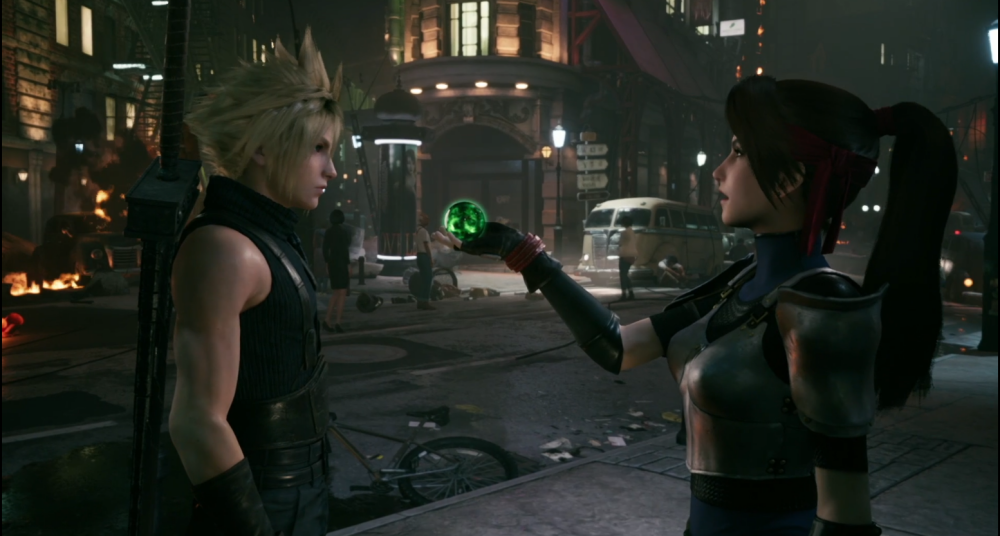
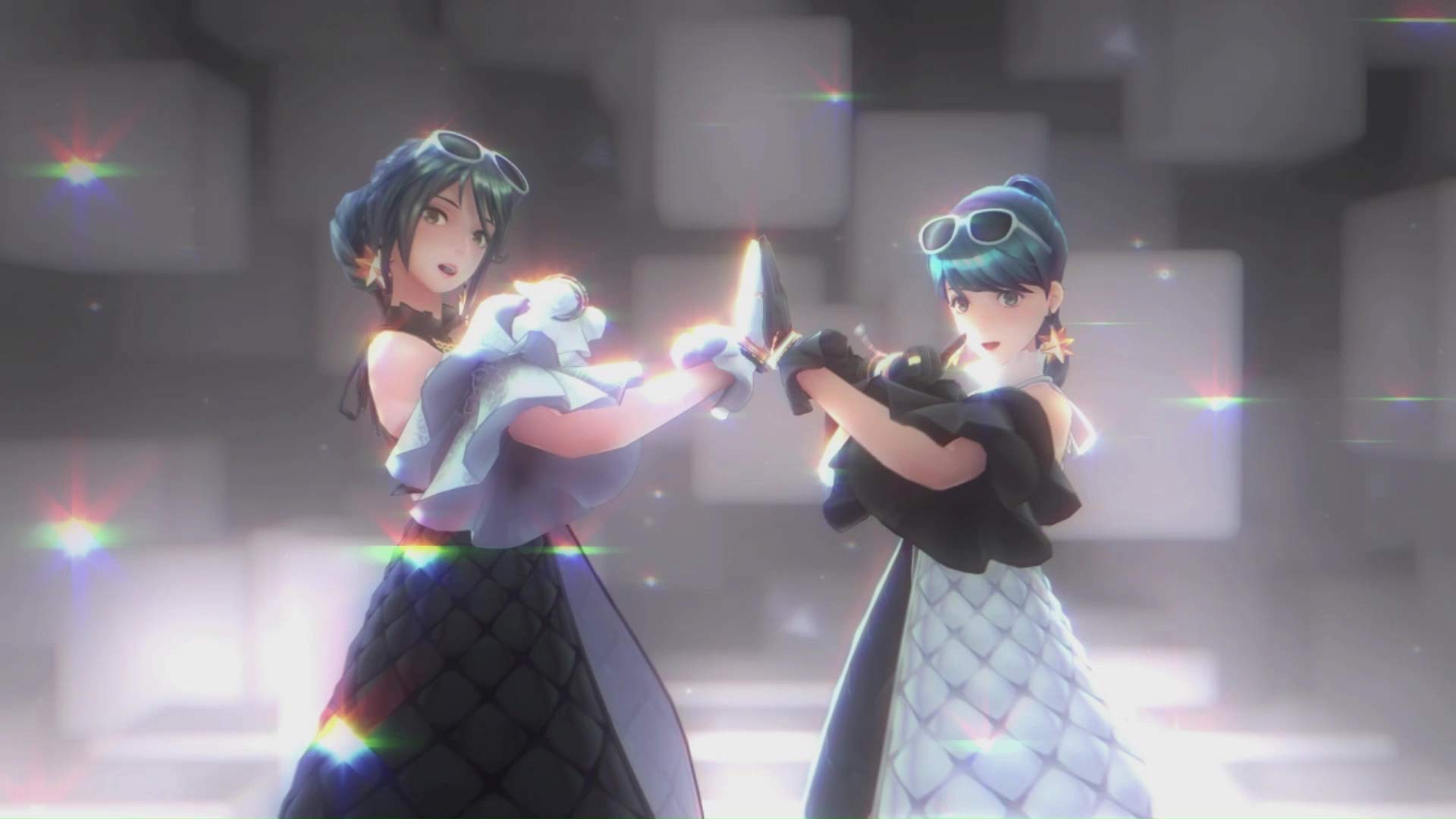


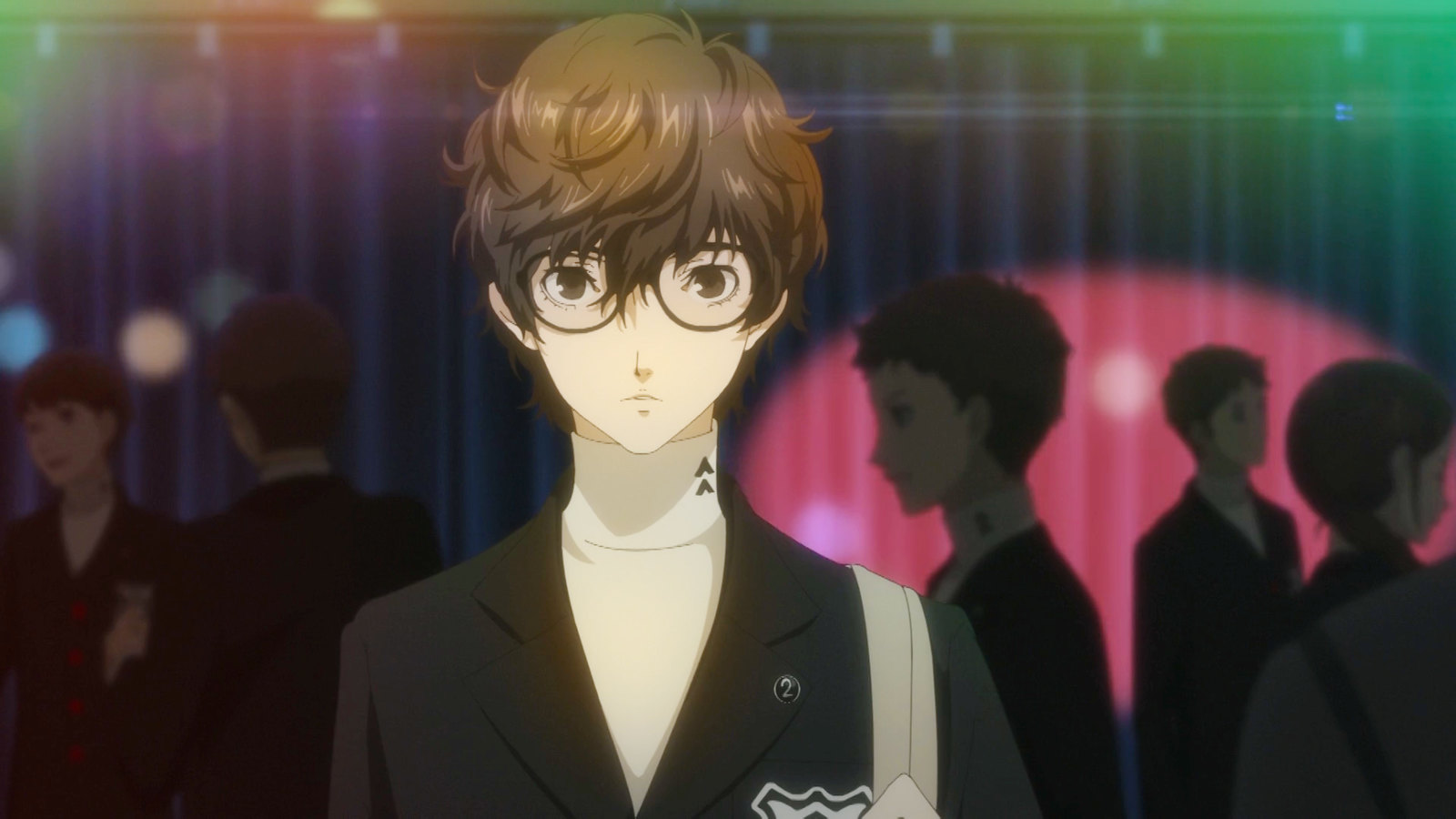
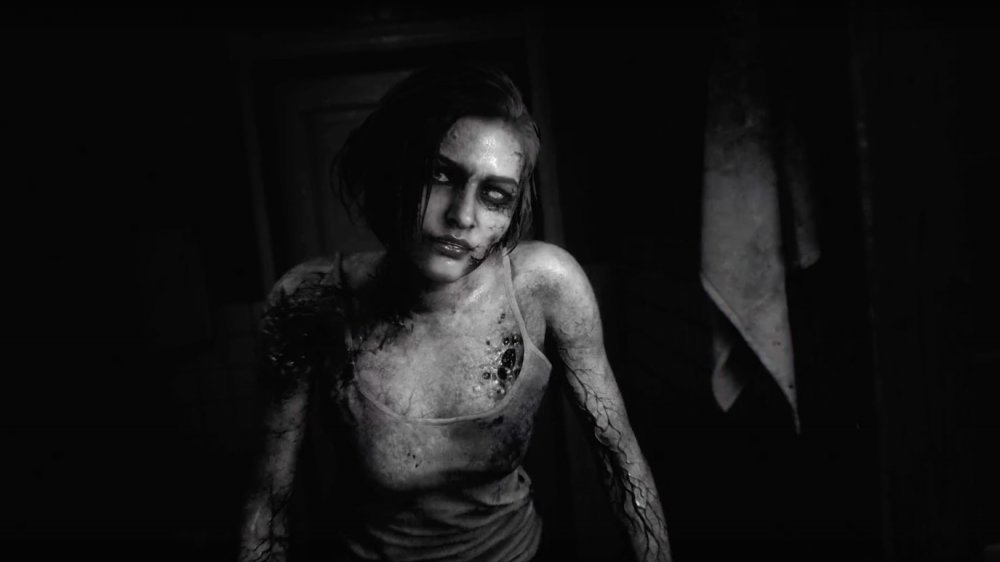

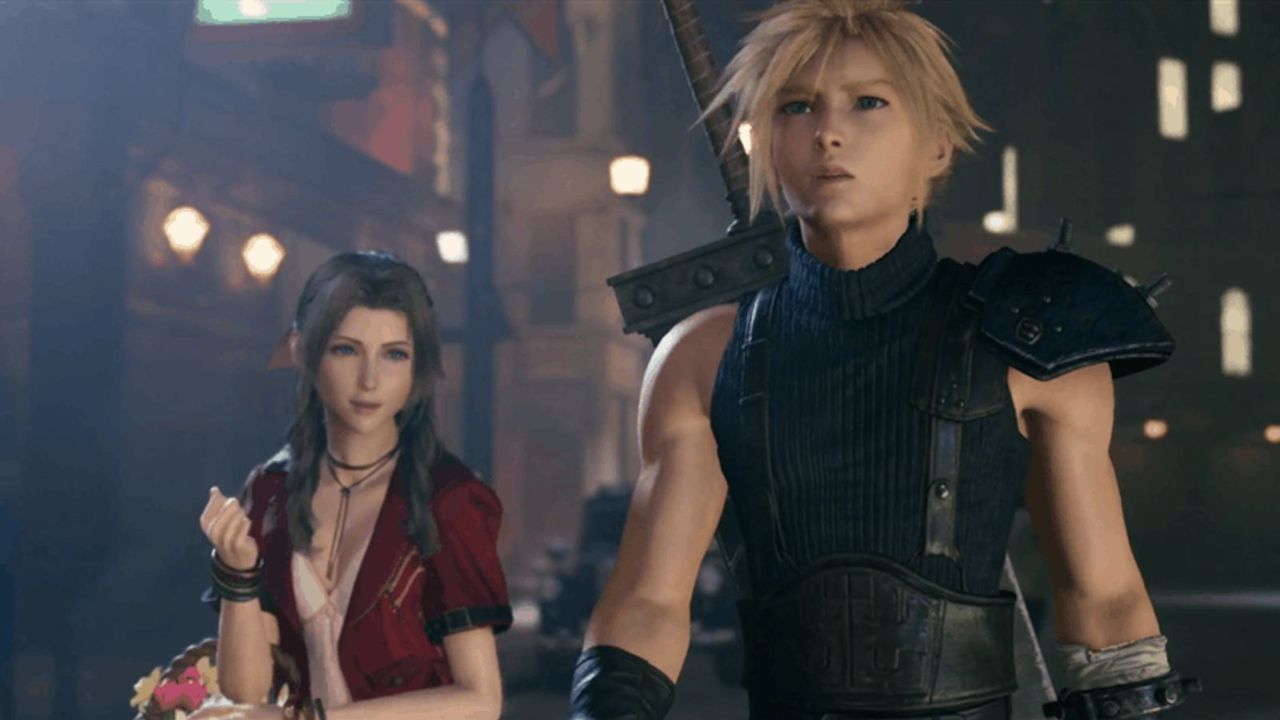
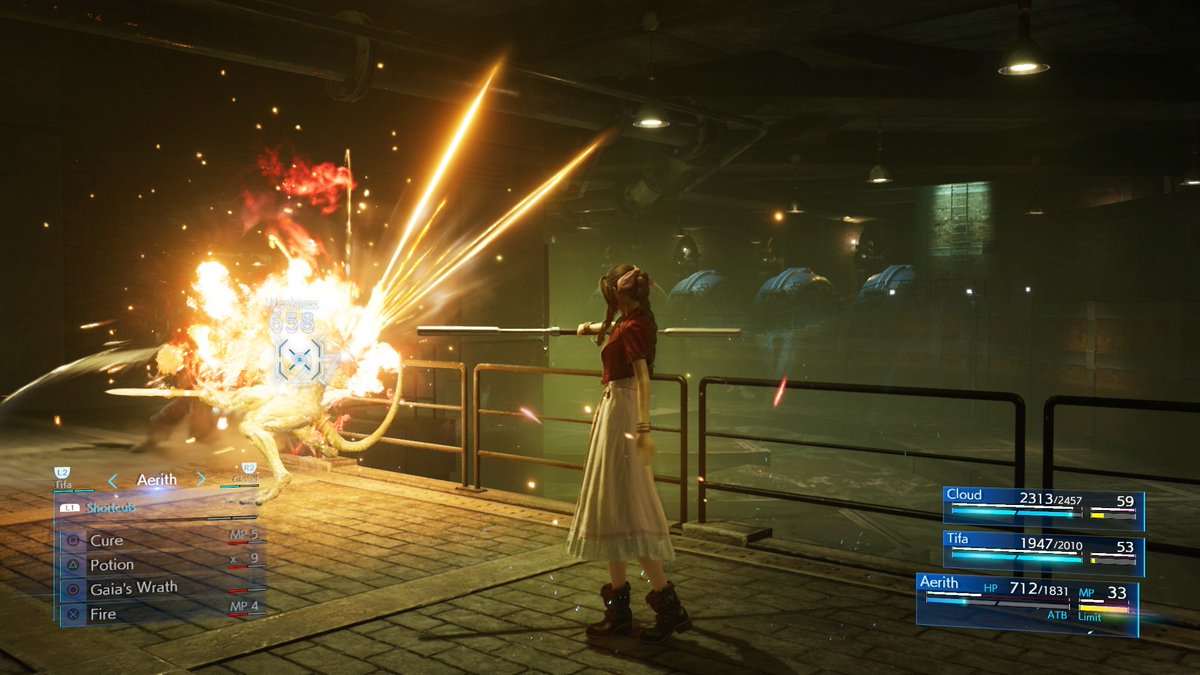





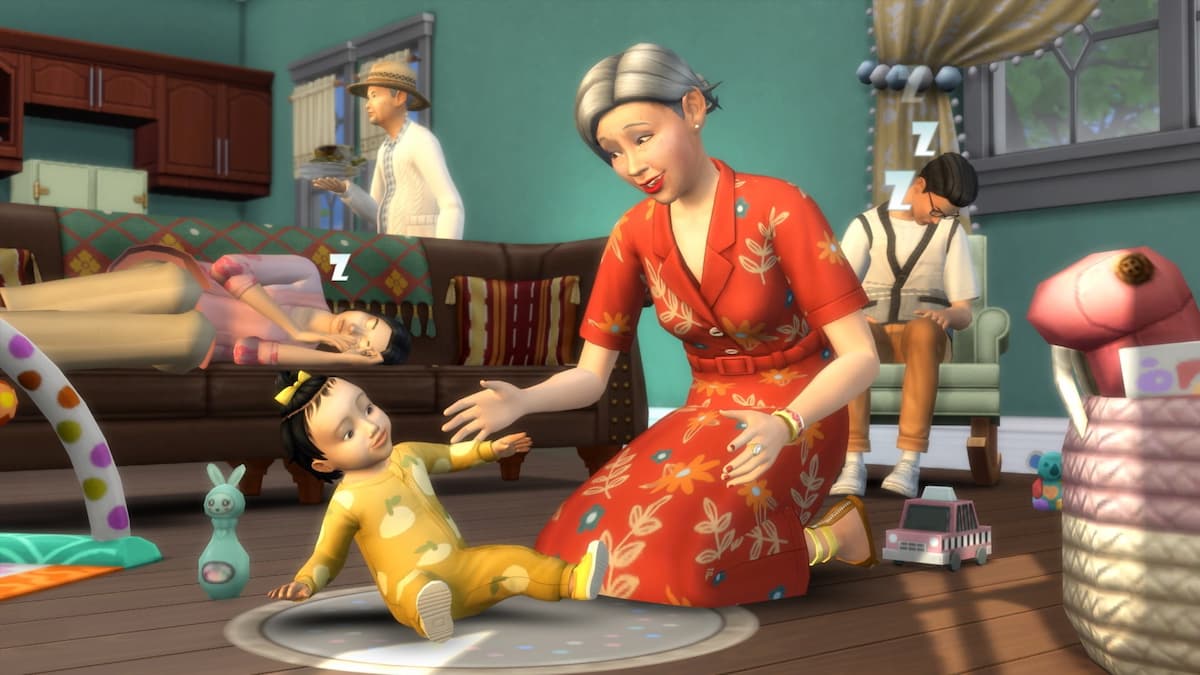
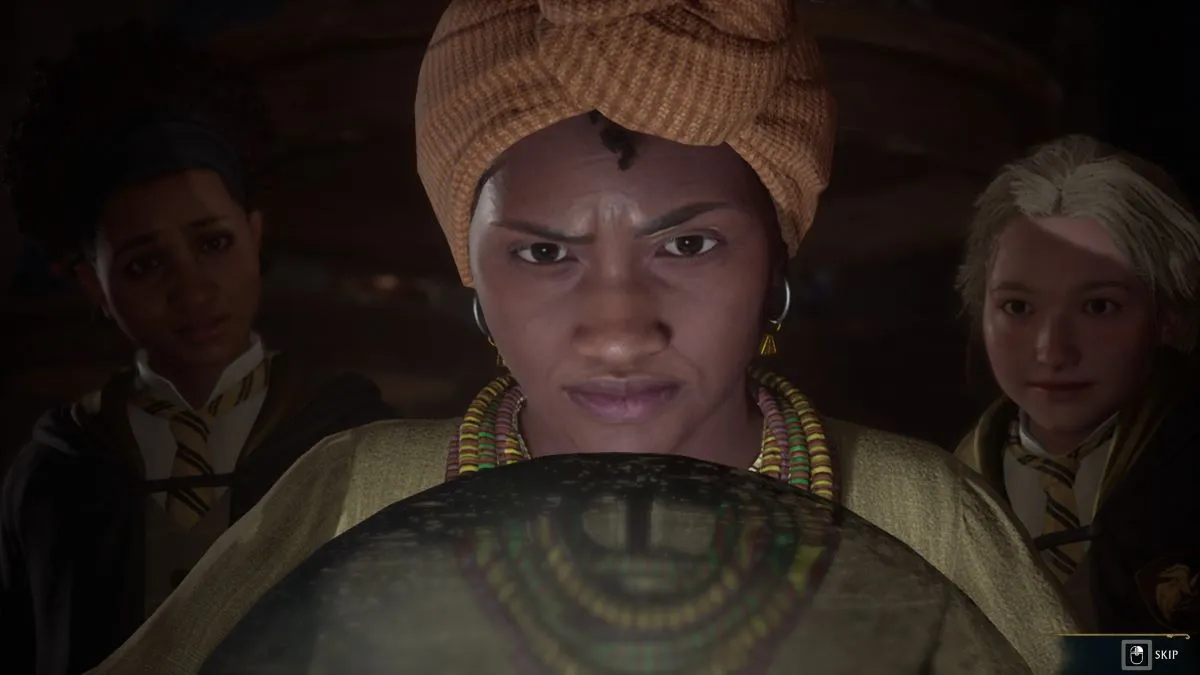
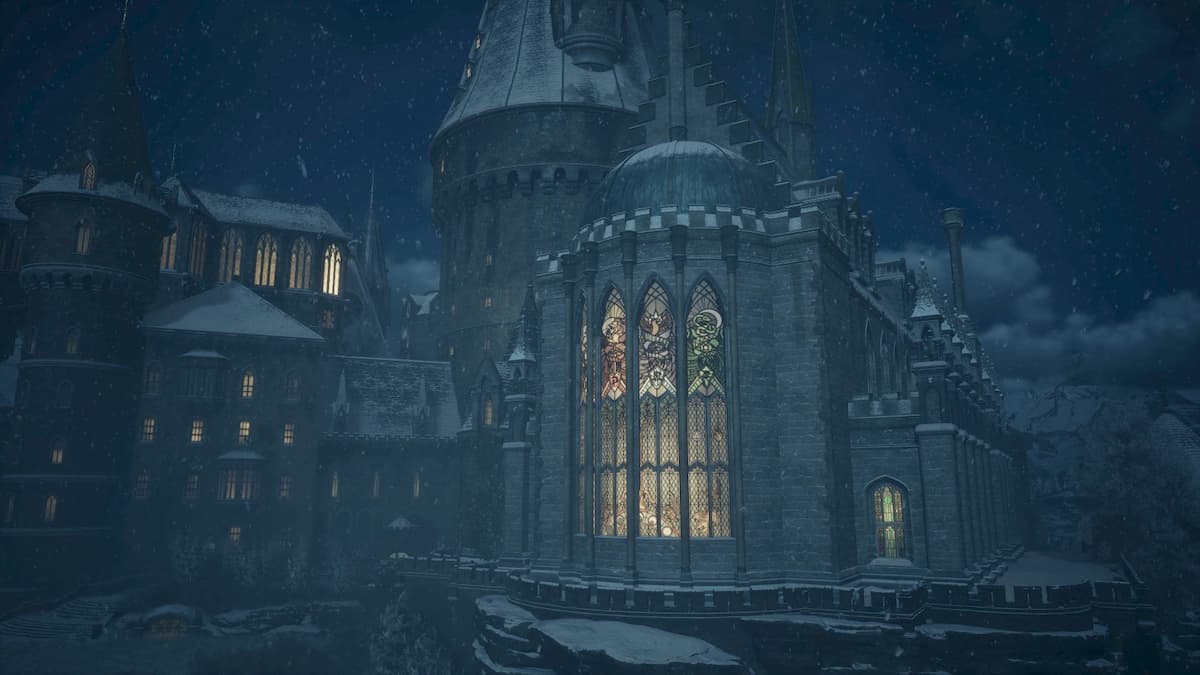
Published: Dec 28, 2019 03:46 pm